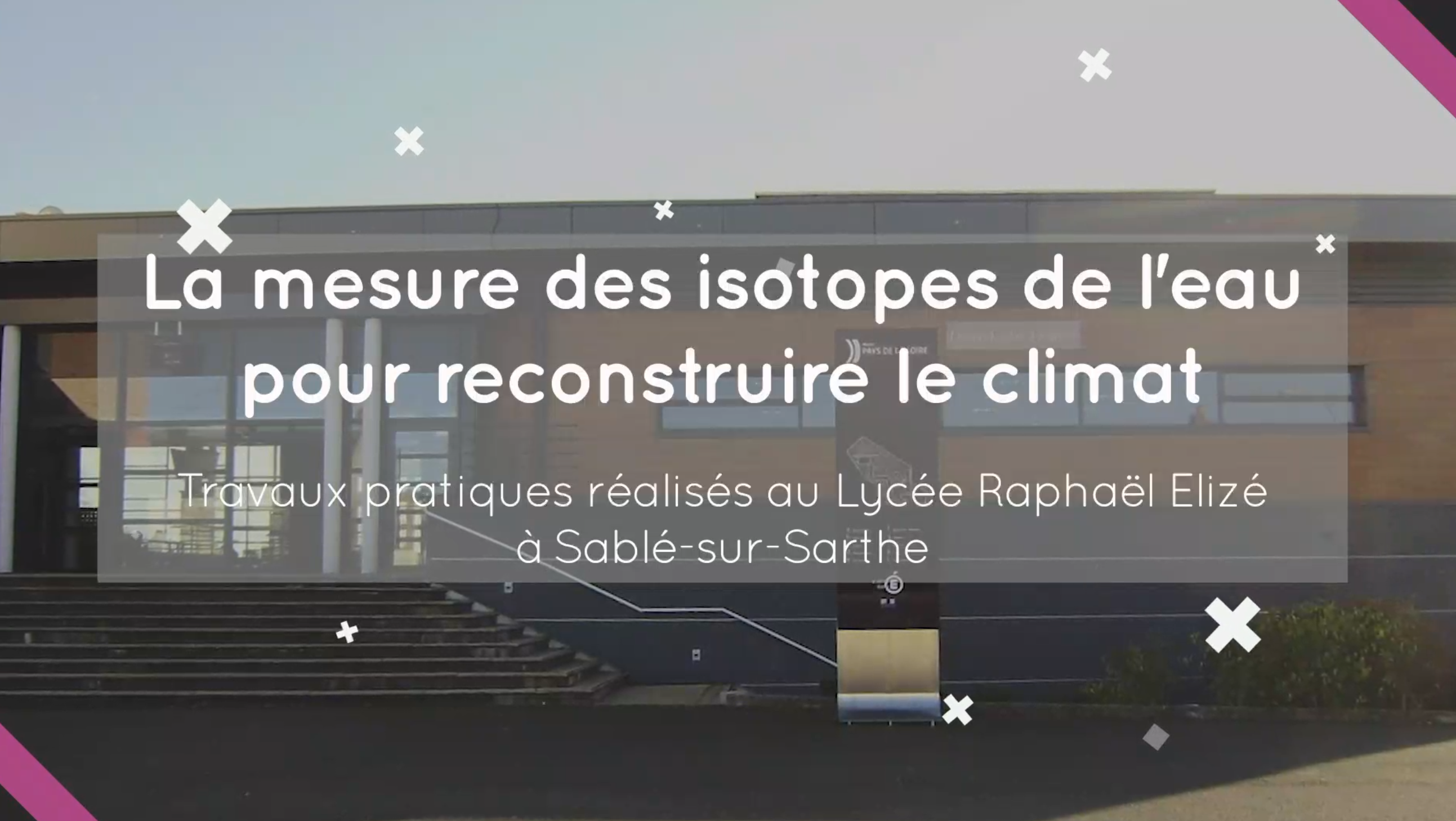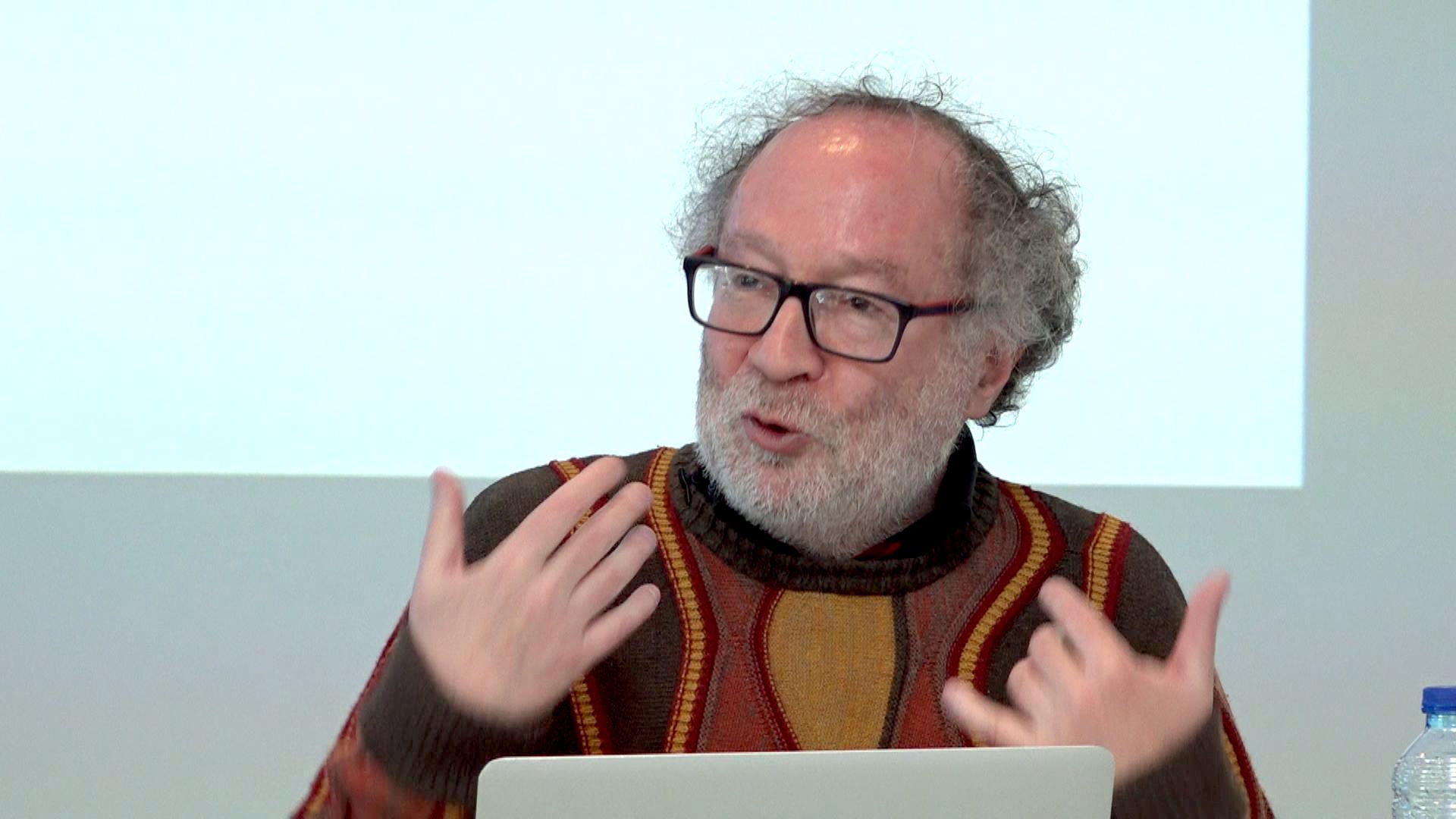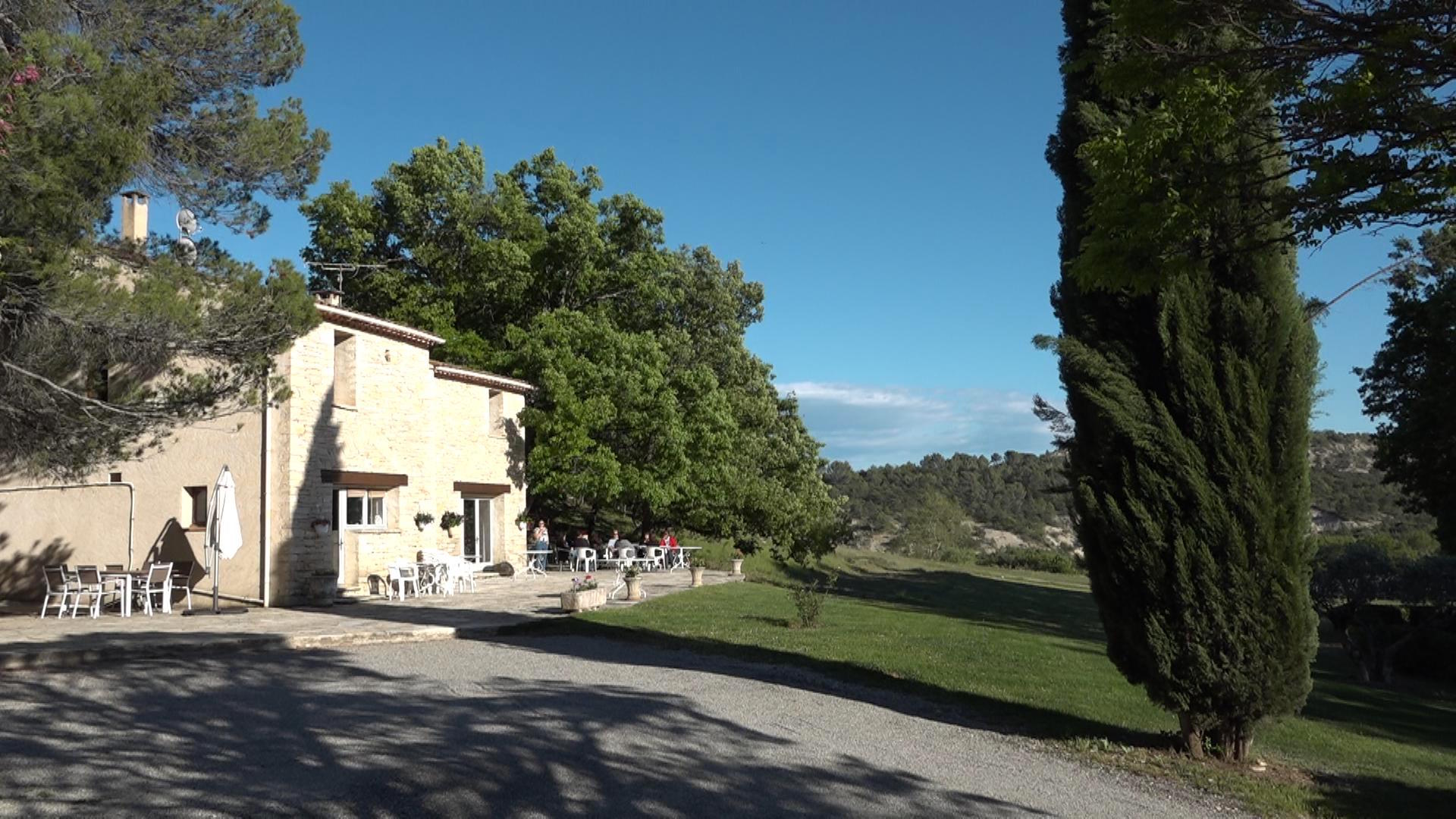Notice
Physics-based digital twins for reconfigurable wave systems
- document 1 document 2 document 3
- niveau 1 niveau 2 niveau 3
Descriptif
Optimizating a reconfigurable wave system (e.g., reconfigurable intelligent surface, dynamic metasurface antenna, physical neural network) for a desired functionality is generally challenging because the effects of the tunable degrees of freedom are intertwined. In fact, the stronger the coupling between the tunable entities is, the more control reconfigurable wave systems offer over their transfer function. In this talk, I will discuss our recent efforts to formulate and calibrate physics-based models of reconfigurable wave systems. I will present closed-form and gradient-descent-based methods to calibrate the parameters of such models so that they can serve as digital twins for a priori unknown experimental reconfigurable wave systems, including a calibration method compatible with intensity-only detection. I will carefully explore the role of ambiguities in these physics-based digital twins, clarifying in what scenarios ambiguities need to be lifted and how that can be achieved. By comparison with physics-agnostic digital twins, I will highlight the favorable inductive bias of physics-based models. Once calibrated, these physics-based digital twins enable efficient in-software optimization of the reconfigurable wave system’s configuration for a desired functionality without further access to the experimental system. I will share insights into efficient optimization algorithms, notably for systems with few-bit programmable degrees of freedom.
Intervention / Responsable scientifique
Sur le même thème
-
La mécanique quantique, un monde invisible à explorer
KirschAlfredComment les électrons s’ordonnent-ils dans la matière ? C’est la question qui est au cœur des recherches d’Alfred Kirsch, chercheur en mathématiques appliquées au Centre d’Enseignement et de Recherche
-
De la physique au solfège, Deuxième partie
Richard-CamusAudeForestSamuelCe cours fait le lien entre les notions de solfège et les notions physique de vibration des plaques et des cordes, d'ondes acoustiques, etc.
-
De la physique au solfège partie 1
Richard-CamusAudeForestSamuelCette vidéo associe les notions de solfège et les notions physique de vibration des plaques et des cordes, d'ondes acoustiques, etc.
-
La mesure des isotopes de l'eau pour reconstruire le climat - TP Classe de Terminale - Amaëlle Land…
Cette vidéo présente une séance de travaux pratiques sur la composition isotopique de l'eau réalisée en classe de terminale scientifique. Elle est accompagnée de documents (fichiers de données et
-
Ombre et lumière XIXe – XXe siècle: du renouvellement scientifique à la représentation picturale
IzbickiJean-LouisDans cette conférence, Jean-Louis Izbicki présente les résultats de ses travaux de thèse sur la représentation de la lumière électrique dans les oeuvres picturales du XIXe-XXe siècle. Il aborde 3
-
Présentation de l'Observatoire des Pratiques Interdisciplinaires de LabexMed, de son école de print…
MercierDelphineAspeChantalGallinAnnabelleBoërMichelMocciFlorenceBurriSylvainJacquéMarieL’Observatoire des Pratiques Interdisciplinaires de LabexMed : un outil construit par et au service d’une communauté de recherche L’Observatoire des Pratiques Interdisciplinaires est l’émanation d’un
-
L’ « entre » de la physique et de la philosophie
KleinÉtienneL'auteur propose d'interroger les liens entre physique et philosophie. Partant de son expérience du laboratoire LARSIM qui regroupe physiciens et philosophes, il explore les différences qui mettent
-
École de printemps de l'Observatoire des Pratiques Interdisciplinaires de LabexMed "L’interdiscipl…
Clip de présentation de l'école de printemps de l'Observatoire des Pratiques Interdisciplinaires de LabexMed.
-
Plumes de volcan
Les panaches émis lors des éruptions volcaniques majeures ont d’importantes conséquences sur la vie quotidienne des populations. Ce n’est que récemment que les scientifiques se sont interrogés sur les
-
Le temps qui passe
JandalyJeanNous avons tous à appréhender le temps qui passe, que ce soit à l’échelle de notre vie quotidienne si planifiée, ou à celle de la vie entière. On peut également se représenter des durées plus
-
Remédiation (capsule n°6) : L'oscillateur harmonique: exercice sur le rapport entre deux fréquences…
CAPSULE n°6 (résumé) Nous proposons une présentation et une résolution complète d'un exercice sur l'oscillateur harmonique. A partir de deux mesures f_1 et f_2 de la fréquence d'un oscillateur
-
Remédiation (capsule n°3) : L'oscillateur harmonique: équation du mouvment
CAPSULE n°3 (résumé) Pour la résolution de l’équation du mouvement de l’oscillateur harmonique M, nous admettons que les conditions initiales (position et vitesse à l'instant initial)












